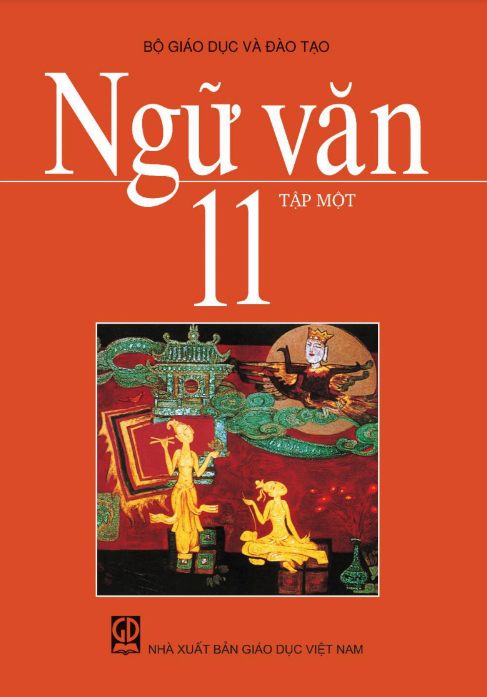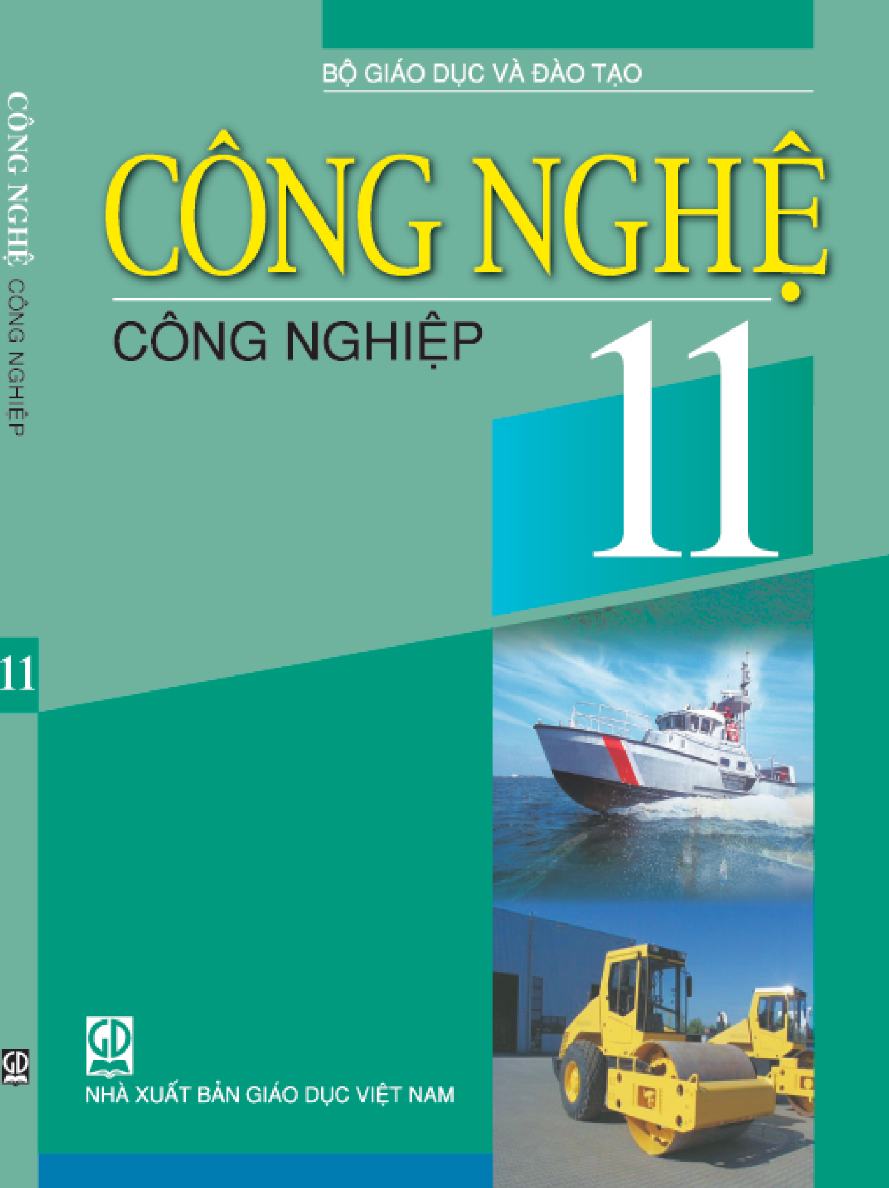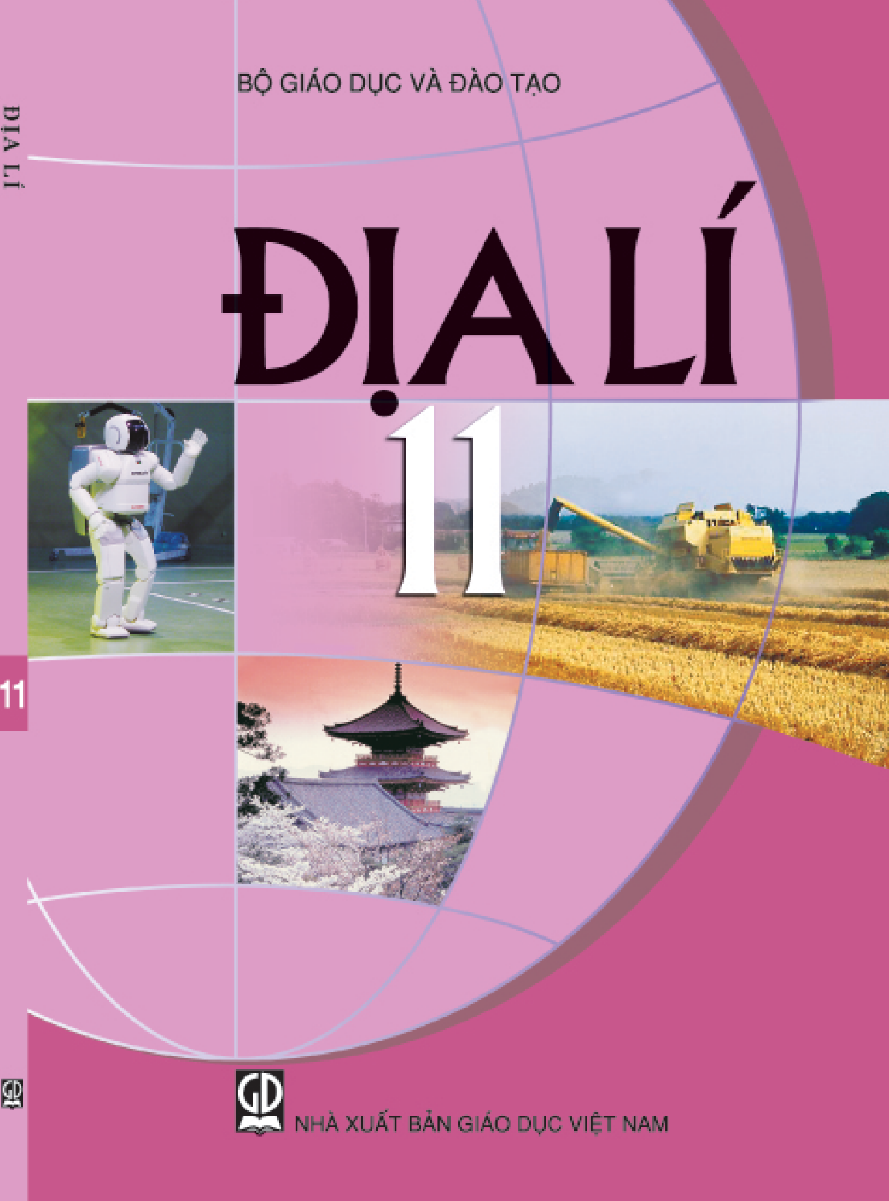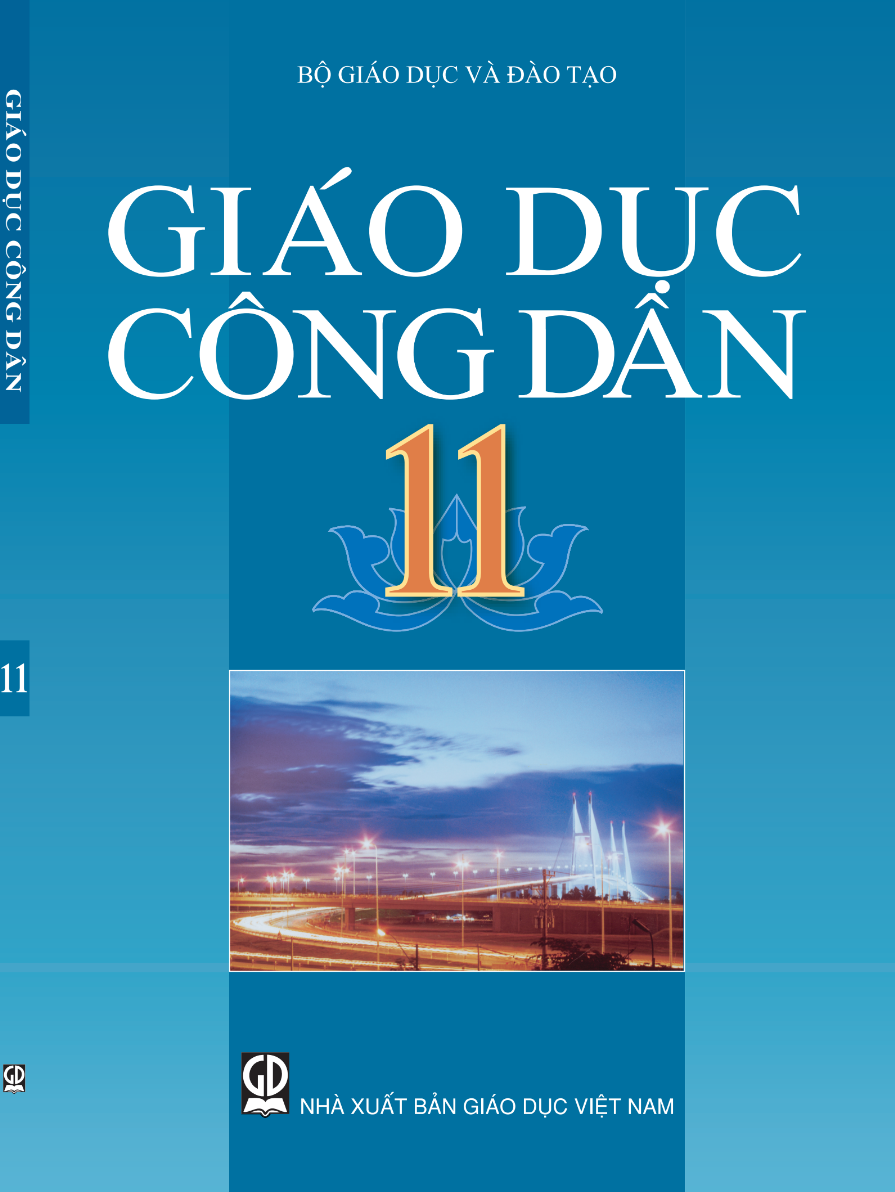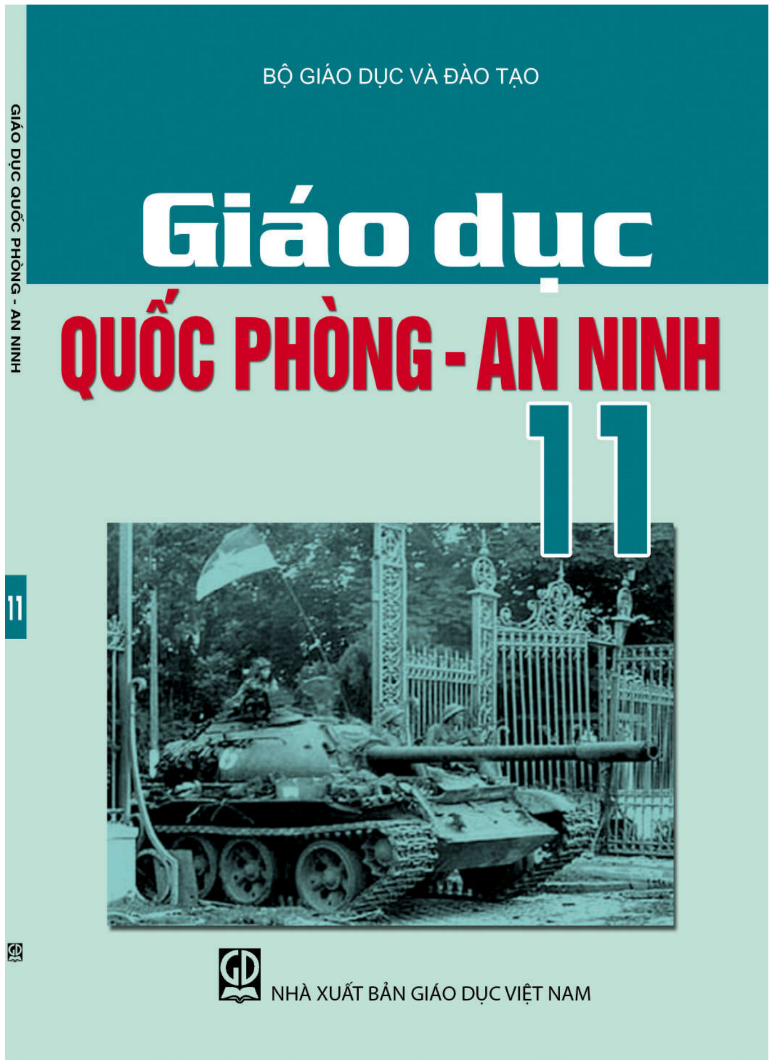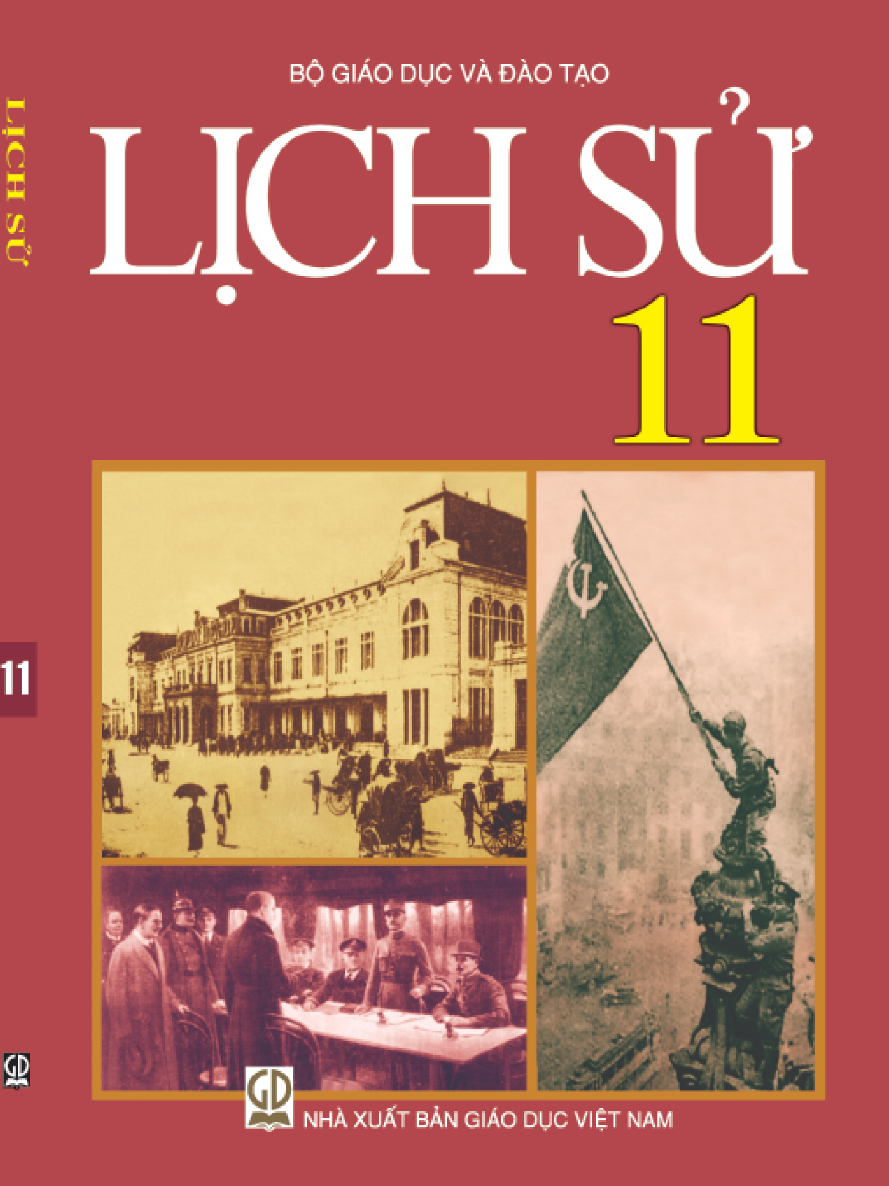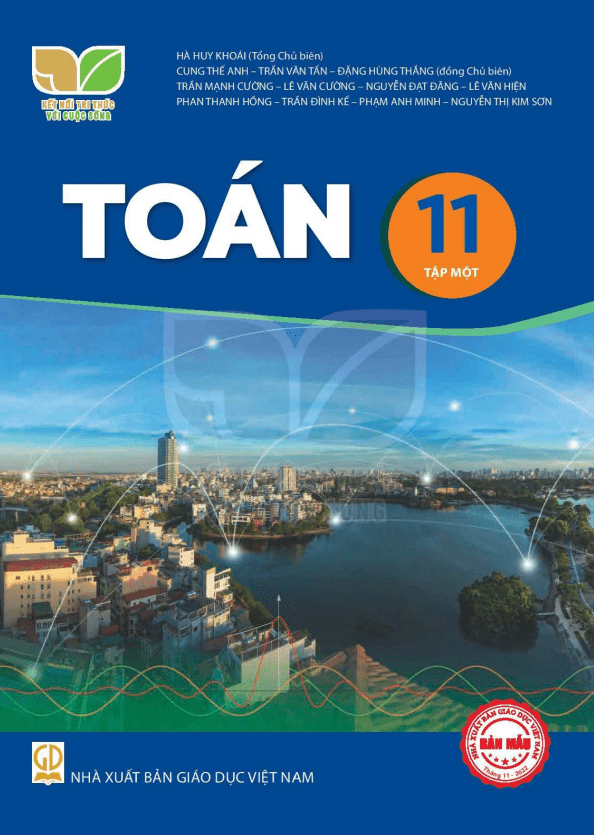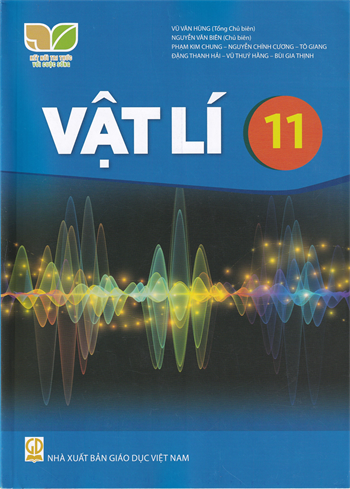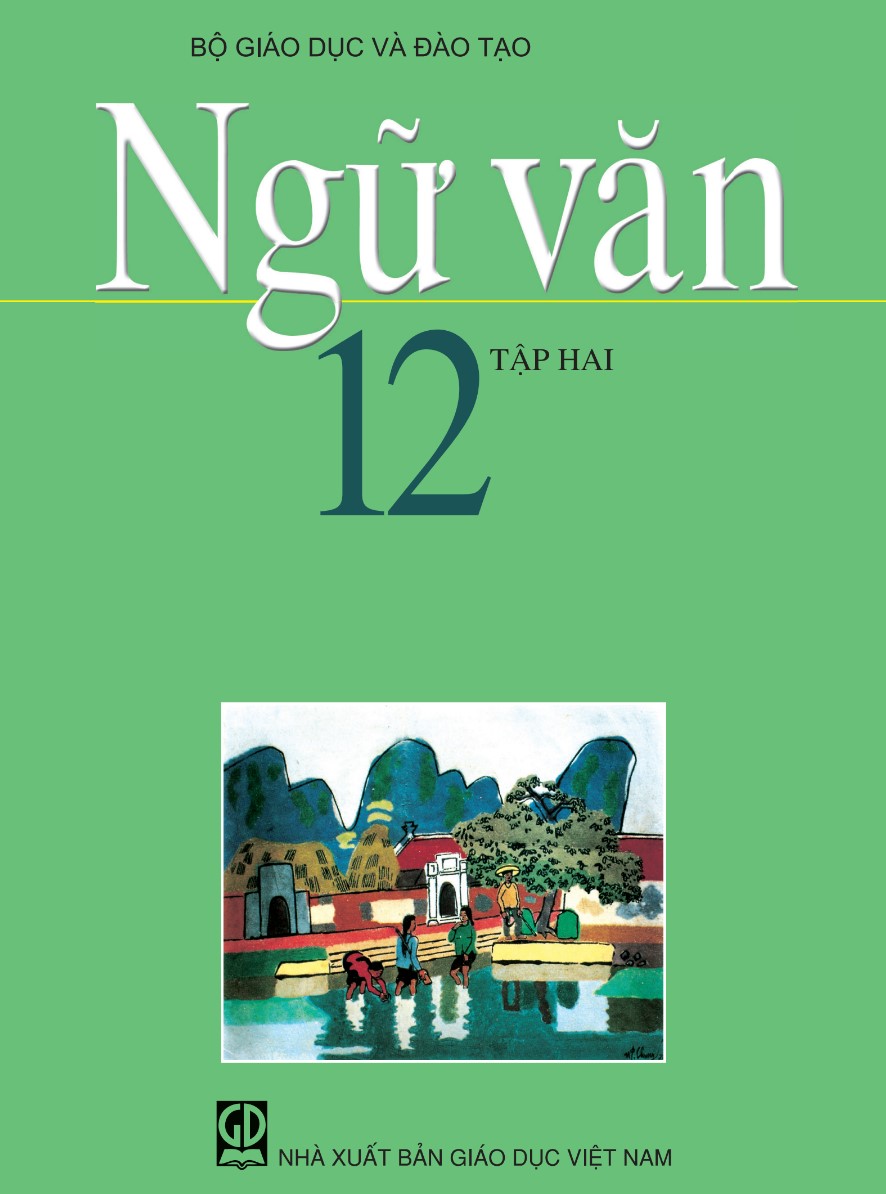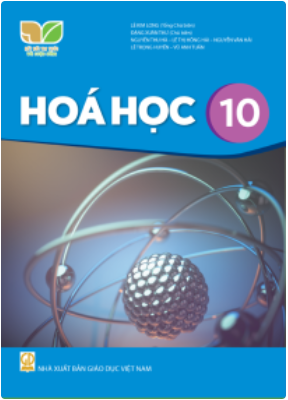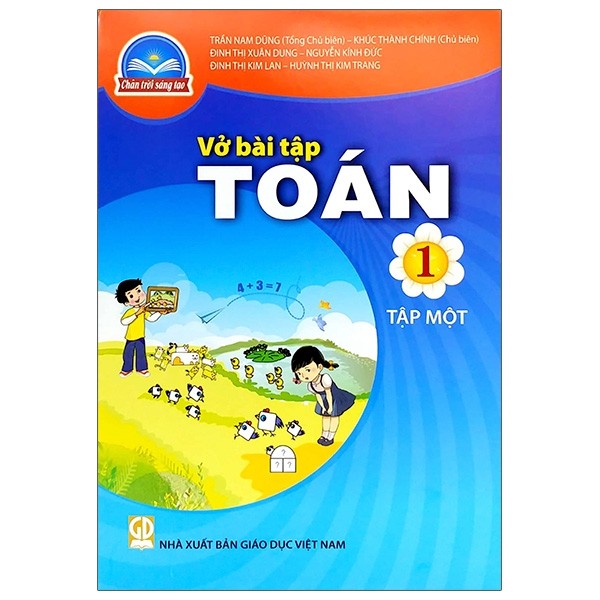(Page 98)
I can talk about imaginary events in the past.
1 SPEAKING Describe the photo. What are the people discussing, do you think?
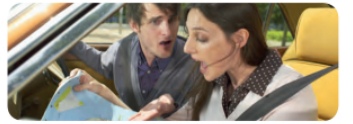
Sally We were supposed to be there by five and it's 5.15 already. If you'd remembered the satnav, we wouldn't have got lost.
Ben We aren't lost. I know where we are on the map. We're nearly there.
Sally If we'd left home on time, we'd have arrived by now.
Ben Well, that isn't my fault, is it? We'd have left on time if your mum hadn't phoned just as we were leaving.
Sally Don't blame my mum! And we wasted so much time at the services. If we'd made sandwiches (like I suggested), we wouldn't have had to stop for lunch.
Ben Look, we're here now, and only fifteen minutes late. That isn't so bad.
2 🎧3.13 Read and listen to the dialogue. Look at the highlighted sentences and answer the questions. Then find one more third conditional sentence in the dialogue.
1 Did Ben remember the satnav?
2 Did they leave home on time?
3 Did they make sandwiches for the journey?
3 Look at the highlighted sentences in the dialogue and answer the questions below. Then read the Learn this! box and complete the examples.
1 What tense is used in the if clause?
2 What form is used in the main clause?
3 How is have pronounced?
LEARN THIS! The third conditional
a We form the third conditional with if + past perfect, would have + past participle.
If I had seen her, I would have offered her a lift.
b We use the third conditional to talk about imaginary situations and to say how things could have been different in the past.
If you hadn't gone by taxi, you 1___________ (not arrive) on time.
c We often use it to express regret or criticism.
If you 2___________ (leave) earlier, you 3___________ (not be) late!
4 Write sentences and questions in the third conditional.
1 Tom/take/a taxi // if/he/ have / some cash on him
Tom would have taken a taxi if he'd had some cash on him.
2 if/1/know/it/be/your birthday//1/buy/you/ a present
3 if/we/walk/ all the way home // we / be/exhausted
4 if/I/not want / to work on this journey //1/not take/the train
5 if/we/have/ more time // we/can/change/some money at the airport
6 what/you/do // you / oversleep / this morning?
LOOK OUT!
In written English we do not usually contract the verb have in the third conditional sentences. But in spoken English, we do, pronouncing it as /ǝv/.
Written form: would have I'd have wouldn't have
Pronounced as: would've I'd've wouldn't've
5 🎧3.14 PRONUNCIATION Read the Look out! box. Then read out the sentences in exercise 4 using contractions where appropriate. Listen and check.
6 Read the sentences about what actually happened. Then write sentences about how things might have been different. Use the third conditional.
1 We turned left and we got lost.
If we hadn't turned left, we wouldn't have got lost.
2 I didn't go by train because the ticket was so expensive.
3 I didn't meet you at the airport because I didn't know when you were arriving.
4 We stopped at the service station because we were nearly out of petrol.
5 I wasn't late for the meeting because I took a taxi.
6 I bought the tickets on the train because there wasn't a ticket office at the station.
7 SPEAKING Work in pairs. Use the third conditional to complete the sentences. Ask and answer about the information in the sentences.
1 If I'd felt ill this morning, ___________________________.
2 If there hadn't been school last Friday, ___________________________.
3 If I'd felt hungry on the way home from school yesterday,___________________________.
4 If I'd forgotten to do my homework at the weekend,___________________________.
5 If I hadn't studied English in primary school,___________________________.
6 If I'd been late for school this morning,___________________________.

What would you have done if you'd felt ill this morning?
I'd have... / I wouldn't have...
